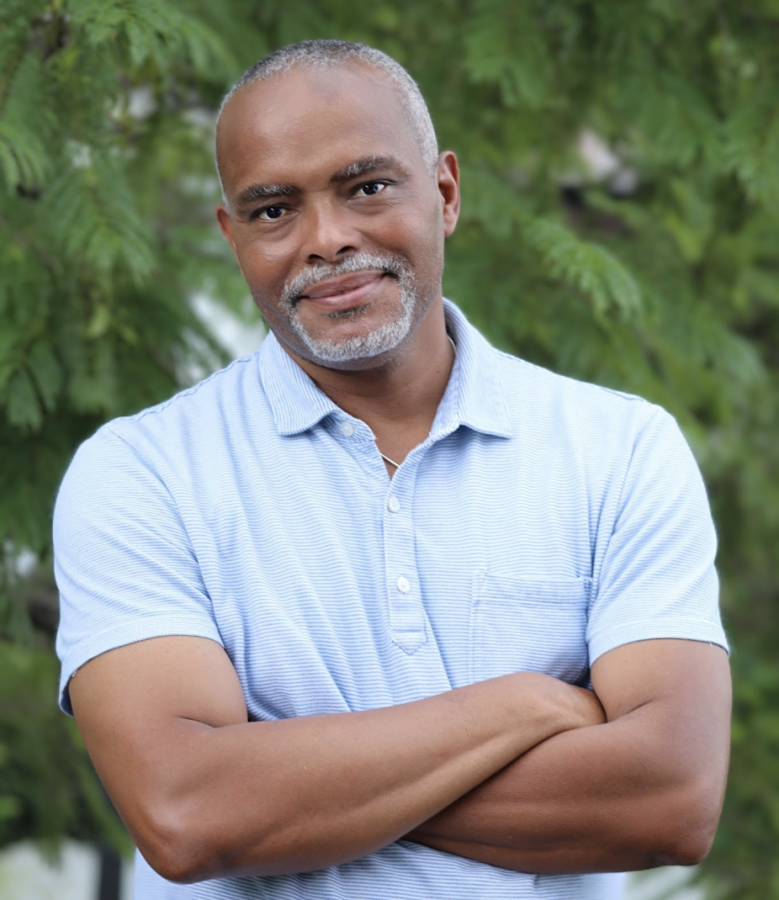Professor Spotlight: Patrick Sylvain
April 15, 2023
In discourse around novels today, people sometimes disregard books they haven’t bothered to read based on its uncomfortable subject matter. I’ve seen this firsthand in a writing class where students dismissed Vladimir Nabokov as a writer simply because of the taboo subject matter of pedophilia in “Lolita.”
As the instructor for the course Human Rights & Global Literature and the course Gender & Power in Literature, Professor Patrick Sylvain understands the importance of teaching literature that covers heavy topics.
“Unfortunately, in this country, we don’t have the kind of language or the stomach to deal with issues that the rest of the world are facing on a daily basis,” Sylvain shared with The Voice in an interview.
Despite the challenges of teaching literature that covers sensitive topics, Human Rights and Global Literature was one of his favorite classes to teach at Simmons. He said that students really enjoyed the class, and they could connect to a lot of the burdens of violence that women have been subject to in “this very sexist, paternalistic world.”
He emphasized the importance of not avoiding or diluting the historical reality experienced by authors of novels that address global violence when teaching and discussing them.
While his literature interests are diverse, some writers he considers highly engaging are Amitav Ghosh, Edwidge Danticat, and Zadie Smith.
Having taught in Boston and Cambridge public schools for 17 years, Professor Sylvain has a long history of being an educator, something he is very enthusiastic about. This is his first academic year teaching at Simmons.
Outside of work, he enjoys bike rides with his son, going to the movies, photography, and catching up with friends. He loves French, Italian, and Japanese cinema. Zombie theories are one of his specialties as a scholar, so he enjoys zombie films as well. He listed “Black Panther: Wakanda Forever” and “Avatar” as two movies he enjoys in particular.
Students might be surprised to learn that Professor Sylvain wanted to be an Olympic sprinter and was a New England top athlete and ran competitively throughout high school and college.
Despite this, he no longer runs because it’s challenging to teach himself to slow down as a trained sprinter. “My dream is to see if I can go back, run around the Charles again as I used to, but there is still a disconnect between the body and the brain,” he shared.
More surprising than his past as an athlete, however, is that there was a period in his life when Sylvain didn’t enjoy fiction.
He studied political science as an undergraduate student where he read “mostly historical and philosophical books.”
“I did not care for fiction until I immersed myself in the world of fiction, then I realized ‘oh my god, this is extremely powerful.’ Now, fiction—I wouldn’t say fiction is everything, but almost,” Sylvain said.
Now, he makes a positive impact on Simmons by teaching students new ways of engaging with literature. He describes his classroom environment as democratic. “In order to be an effective teacher, one has to be a willing participant slash learner, and so I am a constant learner,” he said.









